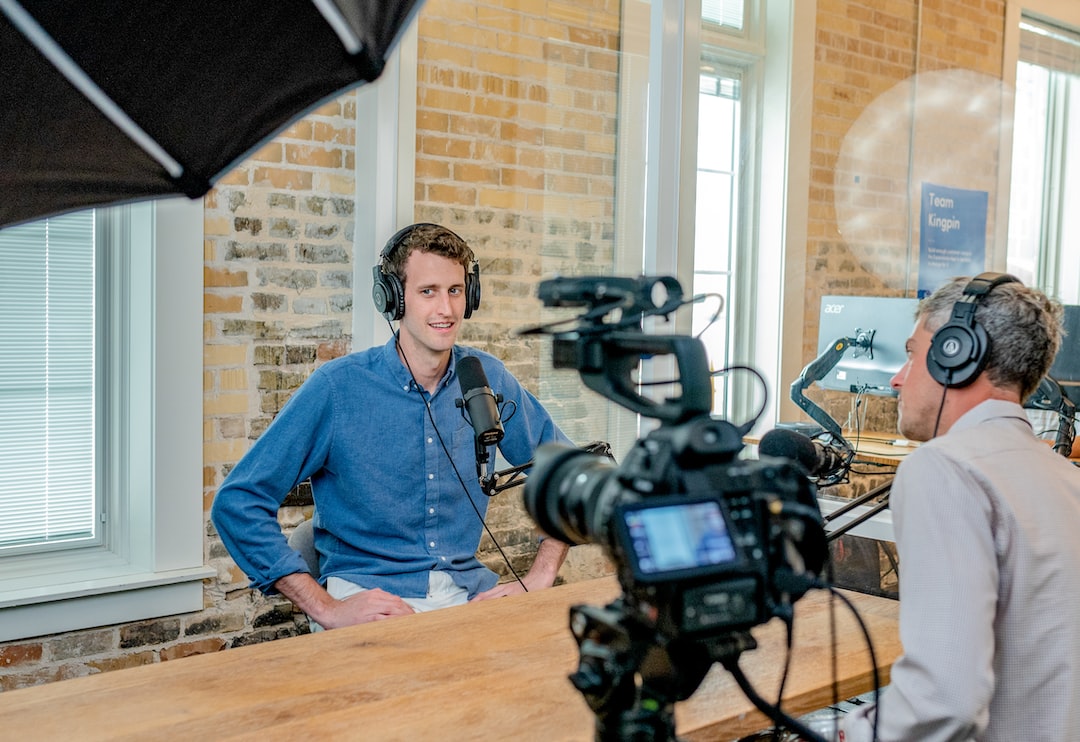The Importance of Media Literacy in the Information Age
In today’s digital era, we are constantly bombarded with information from various sources. We rely heavily on media platforms to stay updated on the latest news, trends, and events. However, while the proliferation of information has its benefits, the rise of misinformation and fake news poses a significant threat to our society. This is where media literacy becomes crucial.
Media literacy can be defined as the ability to access, analyze, evaluate, and create media content. It empowers individuals to navigate through the complex web of information and differentiate between reliable sources and false narratives. In the information age, possessing media literacy skills is more important than ever before.
One of the primary reasons media literacy is essential is due to the vast amount of misinformation and fake news that permeates our news feeds. With the advent of social media platforms, anyone can become a publisher and share information with the world. Unfortunately, not all of this information is accurate or credible. In fact, some individuals purposely spread false information to manipulate public opinion or advance their own agenda.
Without media literacy skills, we are susceptible to falling victim to misinformation. We may unknowingly share inaccurate information, damaging our credibility and spreading false narratives. Media literacy helps us become discerning consumers of information. It equips us with the tools to question sources, fact-check claims, and verify information before accepting it as truth.
Furthermore, media literacy fosters critical thinking skills. It encourages individuals to think critically about the messages and narratives presented by the media. By analyzing media content, we develop the ability to recognize biases, hidden agendas, and persuasive techniques used by media platforms. This critical lens enables us to form informed opinions and make independent decisions, rather than blindly accepting what we see or hear.
In addition, media literacy promotes active citizenship. A well-informed citizenry is the cornerstone of a healthy democracy. Media literate individuals have the capacity to dig deeper and understand the nuances of complex issues. They are equipped to engage in meaningful discussions, challenge misinformation, and hold those in power accountable. Media literacy empowers citizens to participate actively in civic life, making informed choices for the betterment of society.
Moreover, media literacy helps protect individuals from manipulation and exploitation. Advertisers and marketers often employ subtle strategies to shape consumer behavior. They utilize language, imagery, and emotional appeals to persuade individuals to buy certain products or adopt specific beliefs. Media literacy equips individuals with the knowledge to identify these persuasive techniques and the critical thinking skills to make sound decisions free from manipulation.
Not only is media literacy crucial for individuals, but it also plays a significant role in the education system. Promoting media literacy in schools prepares students for the challenges of the information age. It teaches them to be discerning consumers, critical thinkers, and responsible creators of media content. Media literacy education enables students to engage with media effectively, navigate through biases, and become responsible digital citizens.
To promote media literacy, it is essential for parents, educators, and policymakers to prioritize its integration into educational curricula. Schools should incorporate media analysis and creation activities into various subjects. By integrating media literacy across disciplines, students can develop these essential skills alongside their academic knowledge.
Furthermore, media literacy initiatives can collaborate with media organizations, social media platforms, and news outlets to promote accurate and reliable information. Fact-checking resources, media literacy campaigns, and educational content should be readily available to the public. Governments and policymakers should also support media literacy programs to ensure the dissemination of accurate information and the safeguarding of citizens from misinformation.
In conclusion, media literacy plays a vital role in the information age. It empowers individuals to navigate the complex landscape of media and differentiate between reliable sources and misinformation. Possessing media literacy skills enables us to be critical thinkers, active citizens, and responsible consumers of information. By promoting media literacy in schools and society at large, we can build a more informed, engaged, and resilient population capable of combating the challenges of our digital era.

